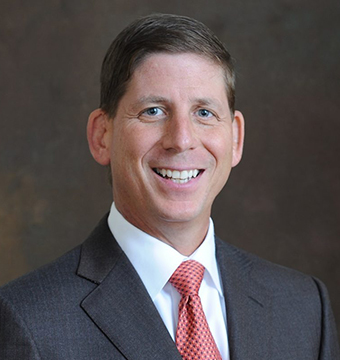On the heels of our new brand, and Obama’s daily announcement about changing some aspect of life-yesterday it was health care, we come to find out that PT’s are not at the table of the one day special health care forum. A list of those that were can be found at the physical therapy diagnosis blog (nice job Tim).
With a $630 billion health-care “reserve fund” in the works (pipedream in my opinion), which is going to be gathered thru combination of tax increases (not a pipedream) and savings in medicare and medicaid spending (anytime more beneficiaries are being enrolled and benefits are extended-you can’t save money).
- Here is a list of the projected “savings” as found on the WSJ health blog with the savings estimate:
- Drive down hospital readmission rates for Medicare patients $8.43 billion
- Create “quality incentive payments” for hospitals $12.09 billion
- Establish competitive bidding for Medicare Advantage $176.6 billion
- Bundle Medicare payments for hospital and post-hospital care $17.84 billion
- Use radiology benefit managers for Medicare $260 million
- Use “private sector enhancements” to ensure that Medicare “pays accurately” $2.04 billion
- Increase and extend rebates on drugs purchased by Medicaid patients $19.555 billion
- Allow FDA approval of generic biotech drugs $9.24 billion
- Expand family planning for Medicaid patients $190 million
- “Ensure appropriate Medicaid payments through use of National Correct Coding Initiative (NCCI) edits” $620 million
- Change Medicare home health payments $37.07 billion
- “Reallocate Medicare and Medicaid Improvement Funds” $23.94 billion
So, let’s look at both the meeting and the “savings” and find the good news for PT’s.
As far as the one day summit, we should know that given the small size of PT in the big picture of healthcare-we are at best 3%, we can’t be at the table of that one day summit. I would guess that APTA and several other groups who are much larger than us, wanted and tried to be there. When you have significant factions within our own profession reducing physical therapy that has a known shortage to overeducated technicians armed with a handy stopwatch, goniometer, and bolster providing 1 on 1 “skilled” care only in a 6’ x 8’ room, we offer zero to the real health care crises-the growing number of uninsureds. If we can correctly fight for the “military model” of physical therapy, unshackling of the superimposed rules and regulations put on us by CMS that fall outside and eliminate our practice acts, and allow PT’s to truly act as Vision 2020 autonomous doctorate providers fully capable of examining patients and managing care which includes direction and delegation to less costly providers, then we can offer significant savings to the system-especially in musculoskeletal care where we have substantial clinical evidence and cost-effectiveness data. Until we get our own house in order and offer solutions instead further “rules” , let’s not be too upset about being there.
As to the “dream” list of projected savings list, a first glance and thought that we aren’t on there anywhere might give a false sense of security. While we are already part of the NCCI edits, it looks like further edits will be forthcoming but clearly $620 million isn’t anything too much to worry about. However, the use of “private sector enhancements” to insure that Medicare “pay accurately” for a savings of 2.04 Billion is very worrisome indeed. My assumption is that the “private sector enhancements” is growth in the so called use of Recovery Audit Contractors (RAC’s). These are the groups that look at outliers in payments, utilization (e.g. units per visit), mean dollars paid to provider, etc. and these groups are highly incentivized to find problems and get recovery dollars to CMS. The problems is that growth in RAC’s for PT’s means the unending time spent in chart reviews, plans of cares, treatment time per procedure, total time in clinic, group therapy, coding, comparison to schedules and the like are only going to grow in significance and practice emphasis. More on RAC’s and how we are unwittingly contributing to their success later.
One place on this list where real savings undoubtedly exists is the competitive bidding for Medicare advantage. As highlighted in this blog and fully expected by the new administration, this was the program that CMS paid private payors upwards of 16% more for medicare than it cost themself. It caused a temporary glitch in the earnings and it isn’t hard to notice their stock tumblings since the announcement last week about transitioning this to a competitive bidding process.
We really shouldn’t wonder why we are not at the table of a one day health forum.
